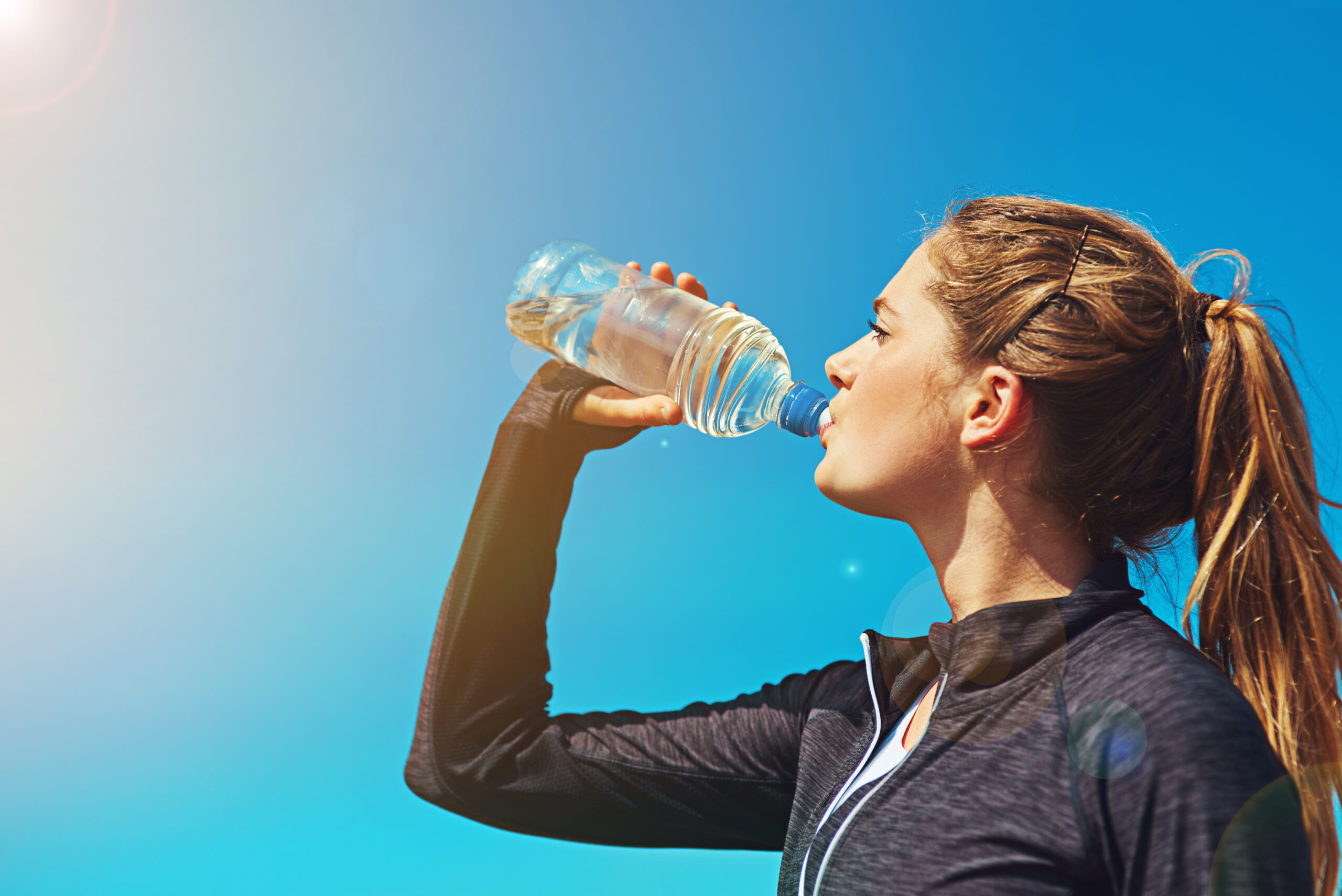Hydration is essential for maintaining cognitive functions such as concentration and mental clarity. Research shows that even mild dehydration—losing just 1-2% of body weight due to fluid depletion—can significantly impair attention and working memory. Since the brain is 75% water, it relies heavily on adequate hydration for optimal functioning. When the body is dehydrated, blood flow and oxygen supply to the brain decrease, reducing mental efficiency and making it harder to stay focused. The reduction in brain volume can slow processing speed, further challenging one’s ability to maintain focus.
Hormones also play a role in the effects of dehydration on basic cognitive functions. For instance, a lack of water can increase cortisol production—a stress hormone that elevates anxiety and fatigue—further impairing cognitive performance. Maintaining proper hydration helps stabilize hormone levels, reducing stress and promoting clearer, more focused thinking. Staying hydrated also helps prevent cognitive fatigue that would affect mentally demanding tasks.
Hydration also contributes to mood regulation and overall mental well-being. Studies suggest that when fluid levels drop, feelings of anxiety, depression, and low self-esteem may intensify. Although these mood shifts are often subtle, they can still hinder focus and task efficiency. Staying well-hydrated promotes a more stable, positive mood, supporting improved mental performance throughout the day.
Dehydration can impair mental acuity, cause fatigue, and exacerbate feelings of anxiety and stress.
Image Source: SimpleImages
To maintain mental sharpness, it’s essential to drink water consistently throughout the day, especially when exercising or during hot weather when more water is lost through sweat and increased metabolism. Practical strategies include carrying a reusable water bottle and incorporating hydration into your daily routine, especially during activities involving heat or physical exertion. The National Institutes of Health recommend increasing fluid intake during exercise or in warm climates, ideally with water, plain tea, or other low-calorie beverages. The necessary amount of fluid intake and rate of dehydration varies depending on the individual. In general, professionals recommend that women drink 9 cups of water a day and men drink around 13 cups.
Featured Image: © K Seisa/peopleimages.com / Adobe Stock










